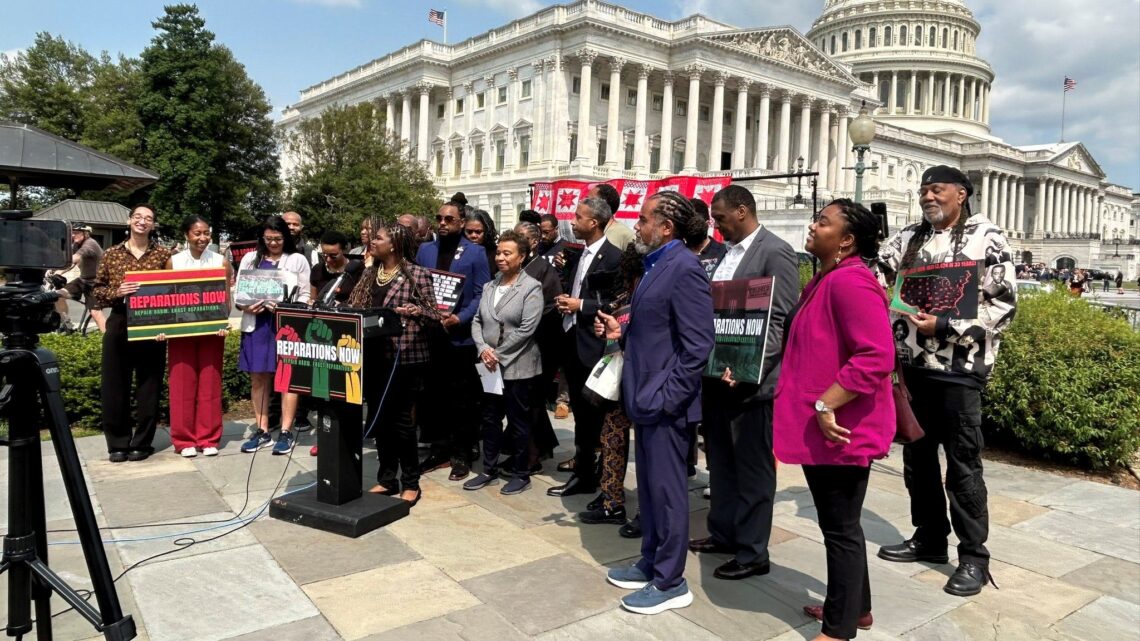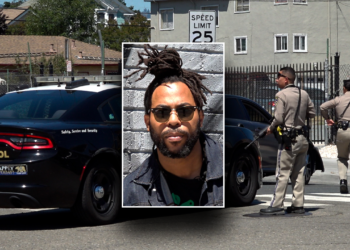The battle over reparations is growing across the United States, as local, state and federal officials weigh everything up to seven-figure direct payments to Black Americans.
While some advocates call it a long-overdue policy addressing a history of oppression, its foes call it a misguided, divisive and harmful approach that exacerbates issues rather than solving them. Polls show it is broadly unpopular with Americans, but it nevertheless has received serious attention in both Washington and municipalities around the country.
Rep. Cori Bush D-Mo., alongside several other progressive lawmakers, unveiled the Reparations NOW resolution last week, calling for $14 trillion in reparations for Black Americans.
“The United States has a moral and legal obligation to provide reparations for the enslavement of Africans and its lasting harm on the lives of millions of Black people,” Bush said in a news conference.
Amid the debate, policy experts are divided on the feasibility and necessity of reparations.
TAMPA MAN DEMANDS $3 MILLION FOR EVERY BLACK PERSON IN VIRAL VIDEO: ‘WE HAVE TO PUT WHITE PEOPLE ON NOTICE’
“The reason why we are experiencing this momentum at the moment is because the present is catching up with overdue history,” Cornell William Brooks, a professor at the Harvard Kennedy School, told Fox News Digital, adding that the push is to make amends for America’s history of slavery.
“Reparations is about repair,” Brooks said. “And that may mean a variety of forms of reparations to people who have been harmed in different ways, children who’ve been harmed, adults who have been or are the descendants of chattel slaves, but also those who have endured the harm of Jim Crow segregation.”
Brooks, who is a civil rights attorney and also formerly served as the president and CEO of the NAACP, said people should not be making money allocations until a larger conversation is had.
“We want to talk about receipts and price tags before we talk about harm, and we don’t do that…
Read the full article here







